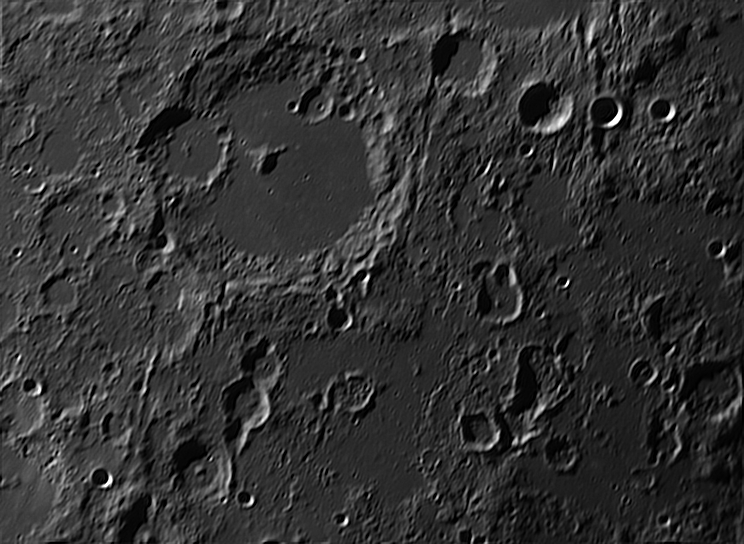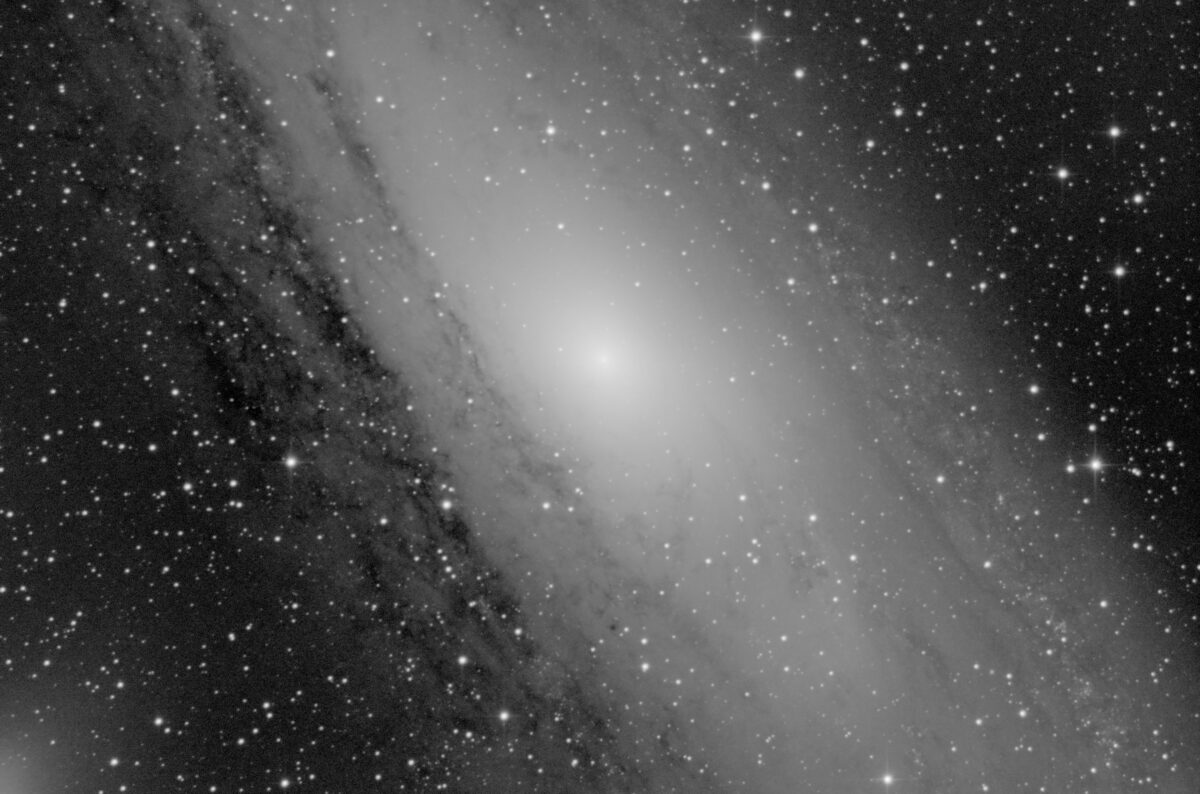-
NGC 7635
Read more: NGC 7635NGC 7635, also known as the Bubble Nebula, is located in the constellation Cassiopeia and consists of a bubble-shaped nebula generated by the stellar wind of a star at its center and which is expanding into a larger nebula.
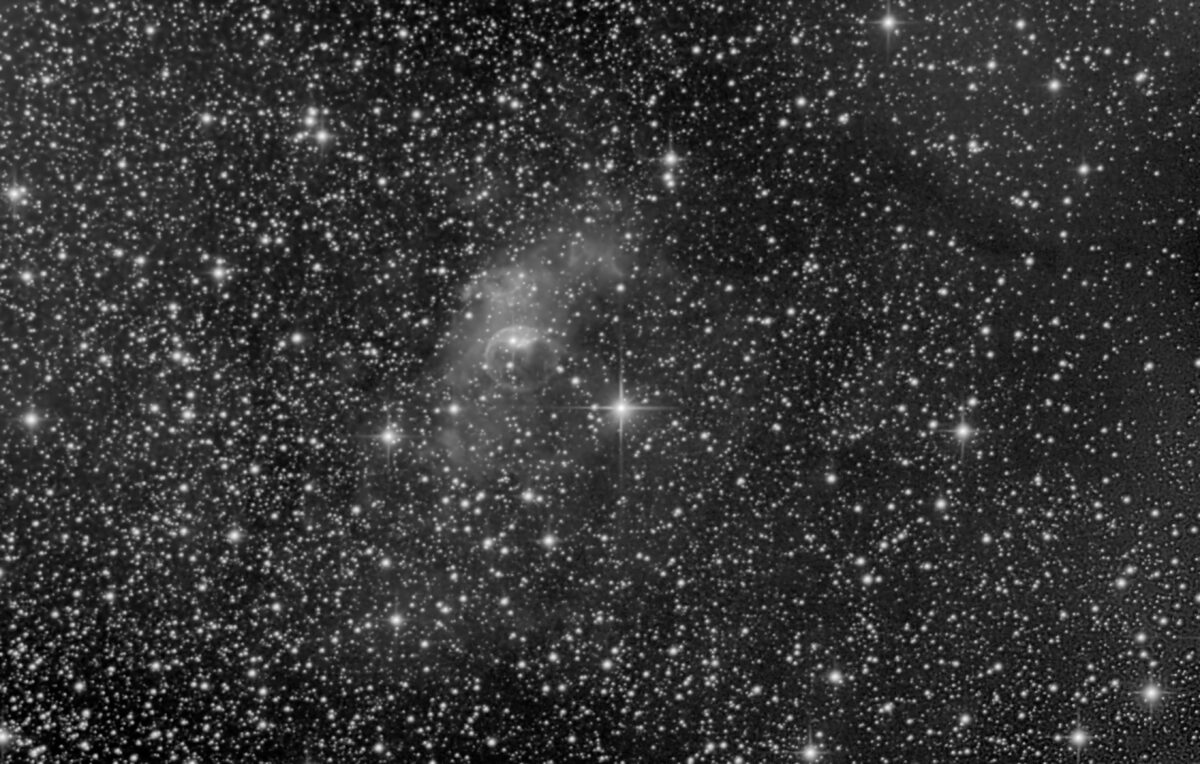
-
Hunting for satellites
Read more: Hunting for satellitesOn August 12, 2023 I photographed Jupiter, Saturn and Uranus with the intention of identifying their satellites and for this reason the central planet is overexposed.There are also other satellites in the pictures but they are not visible because they are too dim or too close to the planet.The number near the name of the…
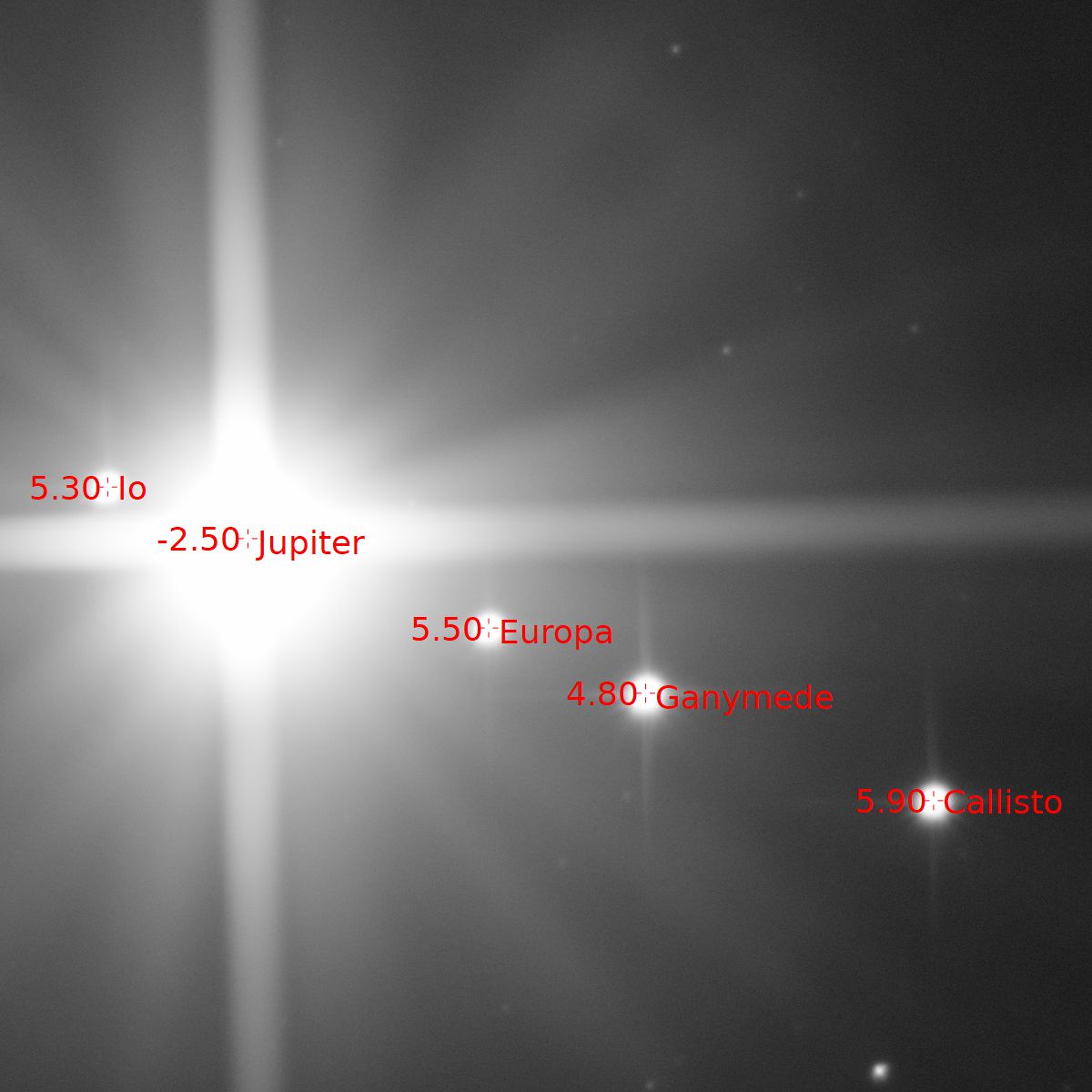
-
NGC 708
Read more: NGC 708The photo shows a small portion of the sky in the constellation Andromeda.Why is this photo special?In a portion of the sky about the size of a full moon, there are 61 galaxies:10 galaxies from the NGC (New General Catalogue) and among these NGC 708 which is the largest galaxy in the center of the…
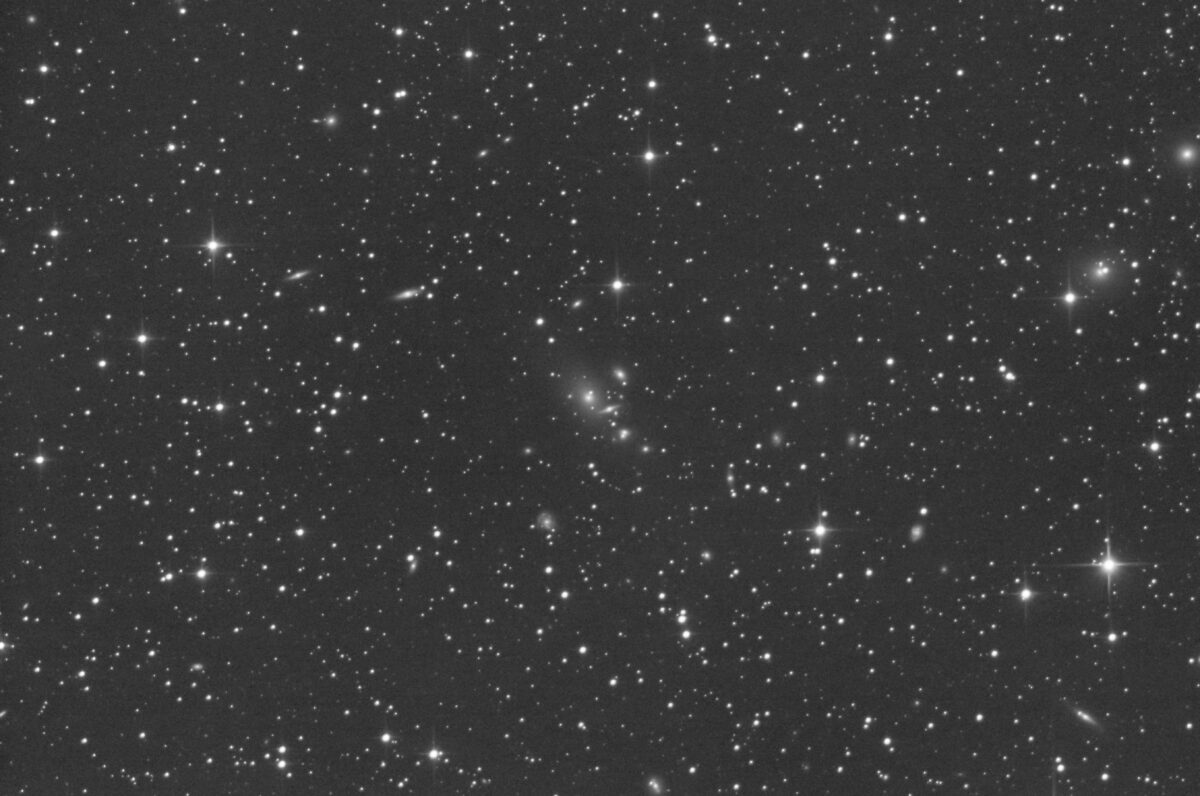
-
The Stephan’s Quintet
Read more: The Stephan’s QuintetThe Stephan’s Quintet are five galaxies, NGC 7317, NGC 7318A, NGC 7318B, NGC 7319 and NGC 7320 of which the first four are also physically close and interacting with each other while NGC 7320 is only prospectively close to the others.It is not an easy subject to photograph, the five galaxies have surface magnitudes between…
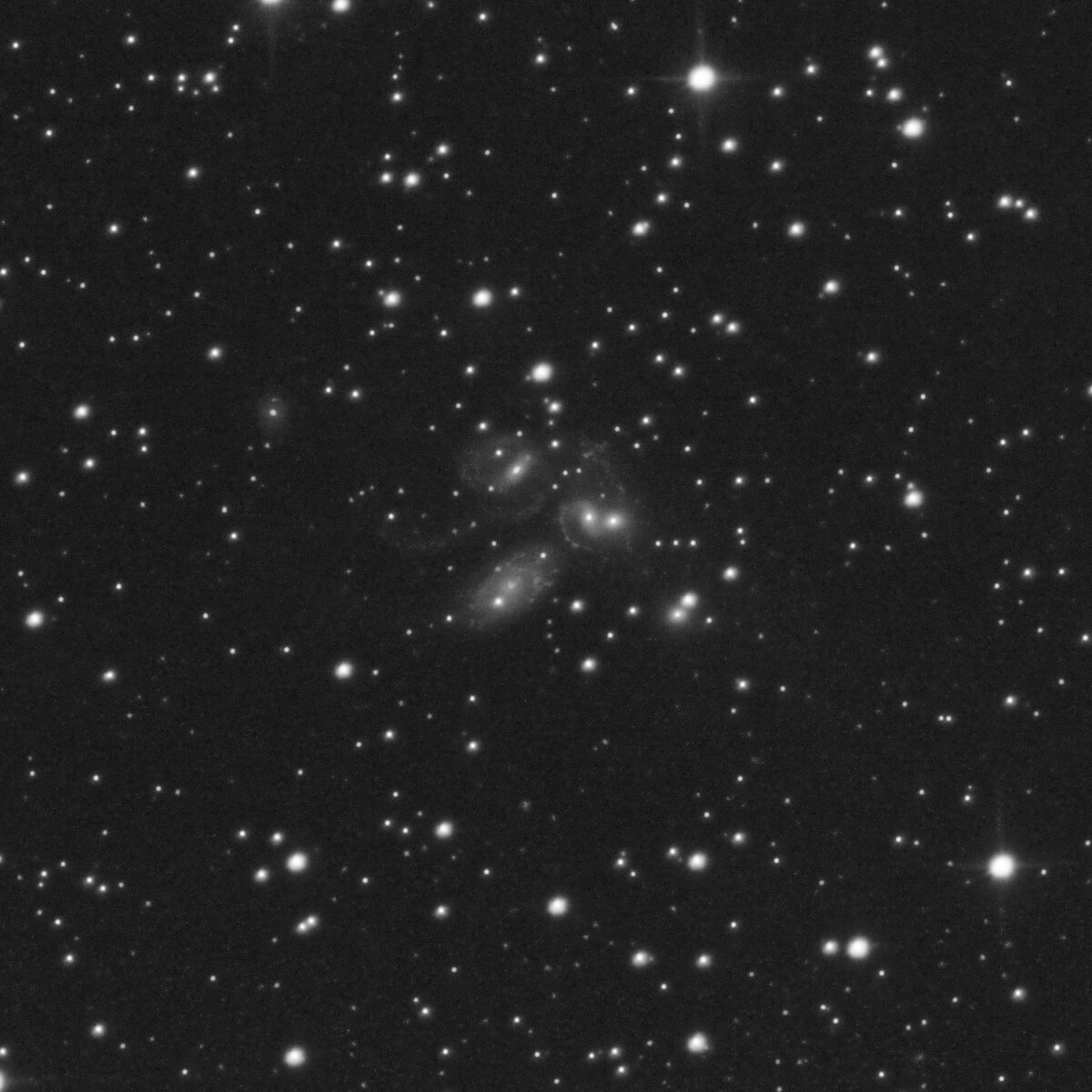
-
M 20
Read more: M 20The nebula M 20 or NGC 6514, known as the Trifid nebula due to its shape, is located in the constellation Sagittarius.
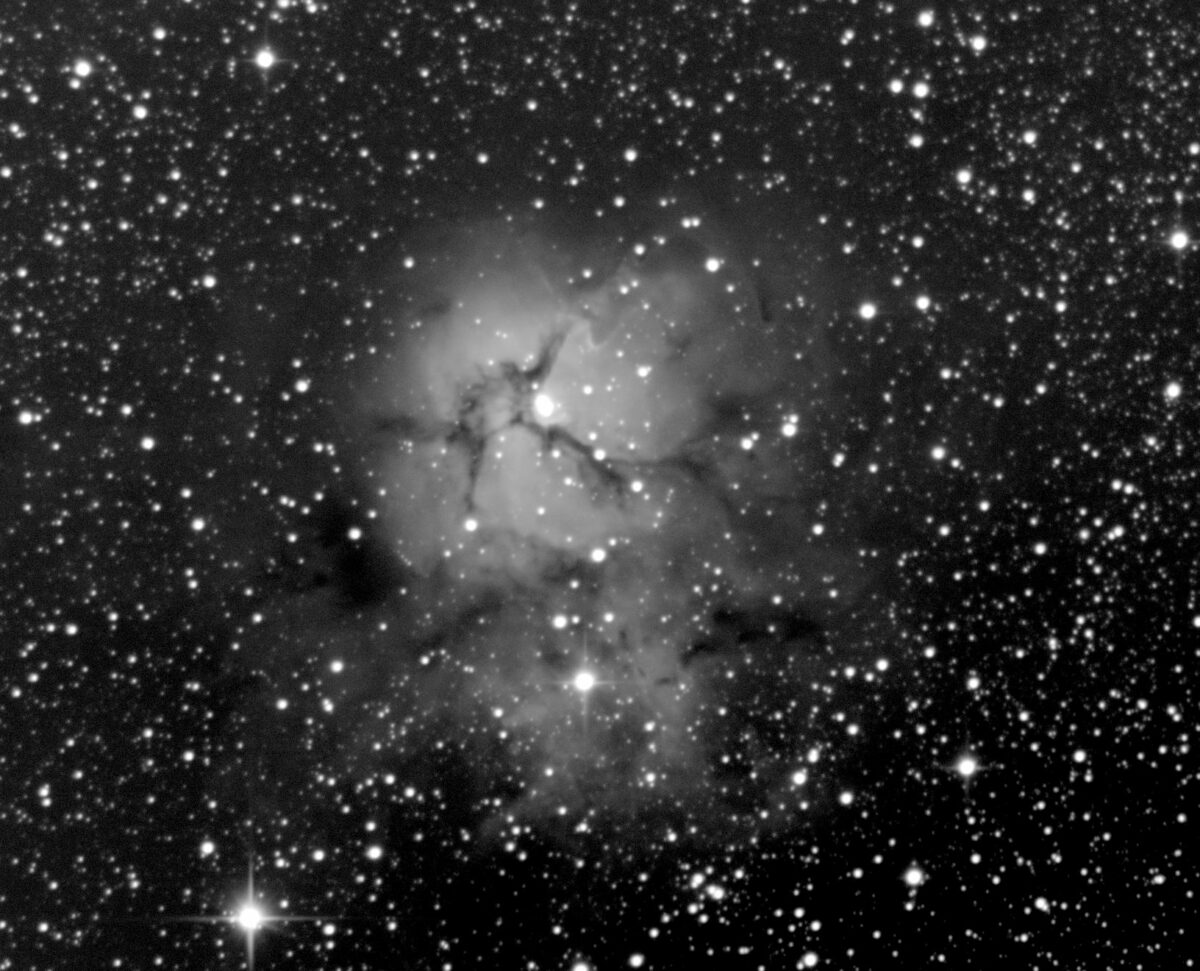
-
Saturn
Read more: SaturnSaturn, photographed at 4:04 local time on July 15, 2023; the image is the processing of 10% of the best 902 frames taken in one minute.
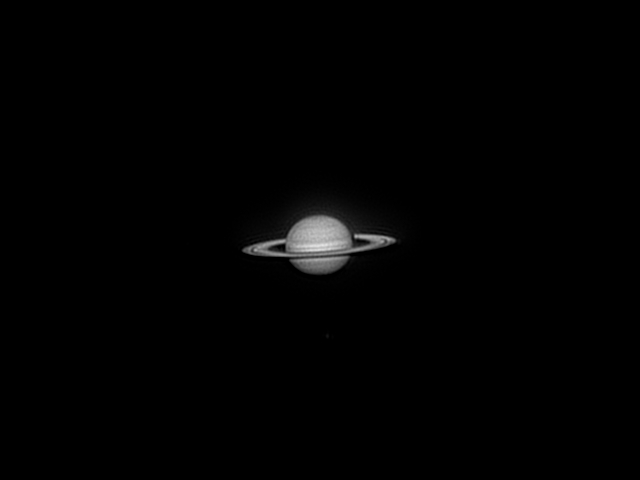
-
NGC 6995
Read more: NGC 6995The photo shows part of the Veil nebula, centered on NGC 6995, and it is the remnant of a supernova that exploded about 10,000 to 20,000 years ago.
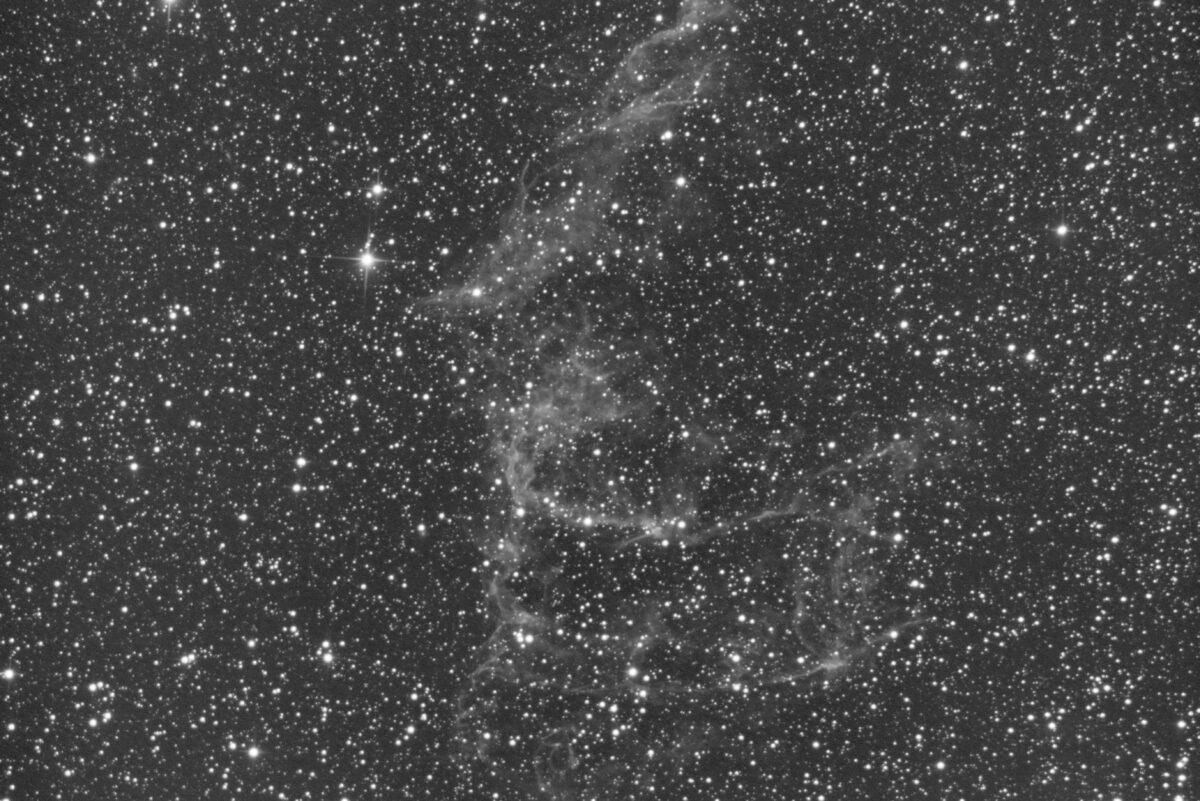
-
M 8
Read more: M 8The Lagoon nebula, or M 8 or NGC 6523, is an emission nebula in the constellation Sagittarius and contains within it the open cluster NGC 6530.
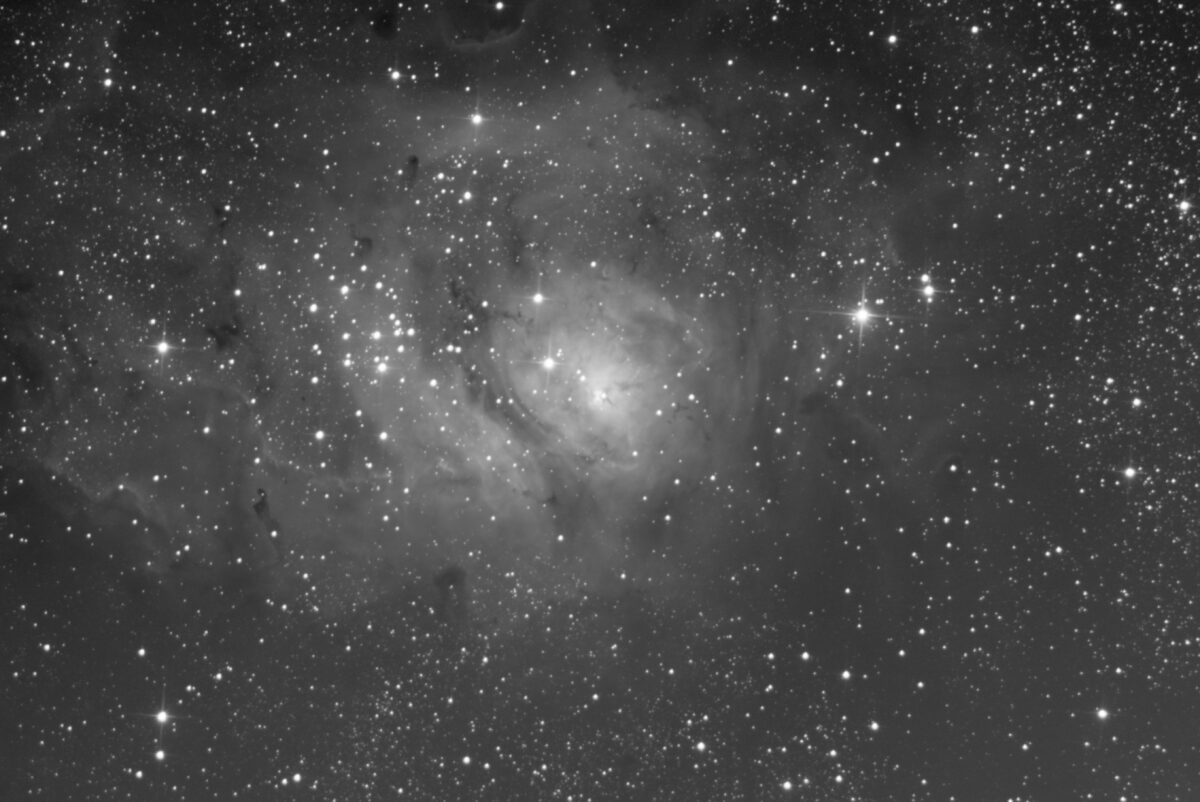
-
Last quarter moon
Read more: Last quarter moonHere are some shots of the moon in a phase very close to the last quarter.
